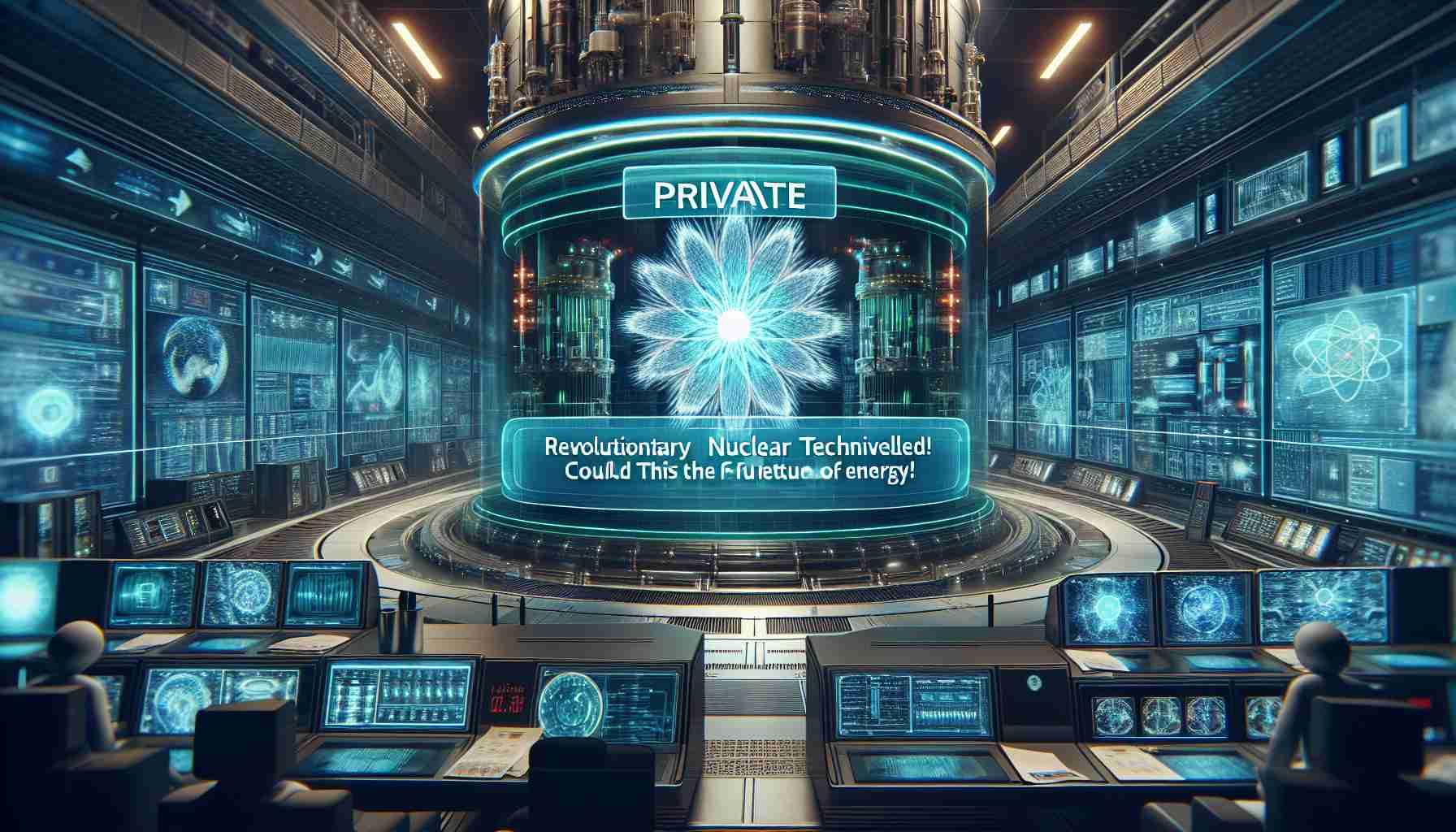Great British Nuclear (GBN) has entered a pivotal phase as it embarks on intensive discussions with four leading contenders for the UK’s Small Modular Reactor (SMR) initiative. The shortlisted candidates, GE Hitachi, Holtec, Rolls Royce SMR, and Westinghouse, have successfully navigated two rigorous rounds of evaluation by GBN, the government’s designated authority for nuclear energy deployment.
During this negotiation phase, GBN will engage with each company to refine proposals before final bids are submitted, with critical decisions expected in the upcoming spring. Each of the four innovative designs underwent stringent assessments focusing on safety, feasibility, and their potential contribution to a comprehensive fleet of SMRs in the UK.
The ongoing regulatory evaluation of these designs suggests GBN views them as promising candidates for advancing the UK’s nuclear agenda. Negotiation outcomes could significantly influence the direction of Britain’s energy landscape.
In a statement reflecting on this milestone, GBN’s Chair highlighted the importance of this phase in selecting the optimal technologies tailored to the nation’s energy needs. The detailed evaluations carried out by technical experts have left GBN confident about the role these SMRs could play in enhancing the UK’s energy mix. The negotiations will aim to establish the most advantageous agreements for the country as the push for sustainable and reliable energy solutions intensifies.
Small Modular Reactors: The Future of Energy or a Nuclear Nightmare?
As Britain stands on the brink of a new energy era with the Great British Nuclear (GBN) initiative, the conversation surrounding Small Modular Reactors (SMRs) is heating up. While it’s clear that these advanced nuclear technologies are framed as a solution to energy demands, a deeper exploration into their implications reveals both intriguing benefits and significant controversies that could shape lives, communities, and the entire country.
Health and Safety Concerns
Despite rigorous evaluations, the health and safety ramifications of SMRs remain a contentious issue. The perception of nuclear power often brings to mind catastrophic failures and long-lived radioactive waste. While SMR designs promise enhanced safety features and reduced waste, skeptics warn that no technology can be deemed entirely fail-proof. The question arises: can the British public trust that these innovations will operate without incident? Communities near potential SMR sites might live in ongoing anxiety about their safety, impacting their quality of life and property values.
Economic Impact and Job Creation
On the economic front, proponents argue that SMRs could be a boon for job creation, especially during construction and the operational phases. According to various studies, the nuclear sector could create thousands of skilled jobs across the UK. However, there are concerns about the long-term economic viability of the SMR initiative. Will these projects ultimately lead to sustainable employment, or could they face delays and cost overruns that might jeopardize their success? Communities heavily reliant on traditional energy sectors might experience upheaval as they transition towards a nuclear-based economy.
Public Perception and Politics
Public sentiment towards nuclear energy is mixed, influenced by historical events and media portrayals. In 2023, poll data showed that almost 50% of Britons support nuclear energy as part of the country’s green energy strategy, yet there remains significant opposition. Political agendas often dictate energy narratives, leading to fluctuating policies that affect public trust. As GBN progresses with its negotiations, how will it manage these public relations challenges? It’s crucial for the government to engage transparently with communities that could host SMRs, addressing their fears and misconceptions directly.
Technological Innovations and International Collaboration
The SMR field is not just a local endeavor; it reflects a broader international trend towards innovative nuclear solutions. Countries like the United States, Canada, and China are delving into SMRs, showcasing a global race for energy innovation. This opens up the possibility for collaborative technological advancements that could benefit the UK. Yet, the question remains: can the UK effectively harness international expertise while ensuring its designs meet local safety standards and environmental regulations?
Environmental Implications
While SMRs are touted as a cleaner energy source that could help reduce carbon emissions, the environmental impact of uranium extraction and the disposal of nuclear waste are ongoing debates. Critics argue that unless these issues are adequately addressed, the green credentials of SMRs could be overshadowed by their ecological footprint. Communities involved in uranium mining might also face challenges, including land degradation and health risks, calling into question the overall sustainability of the nuclear agenda.
In conclusion, as the UK forges ahead with its SMR initiative, the implications for people, communities, and the broader energy landscape are profound. The upcoming negotiations with contenders will not only define the future of Britain’s energy policy but also determine the social, economic, and environmental fabric of the nation. The road to renewable energy is fraught with complexities, and the outcomes of GBN’s discussions will be pivotal in shaping a sustainable future for all Britons. For more insights into the nuclear energy debate, visit gov.uk.
The source of the article is from the blog lanoticiadigital.com.ar



